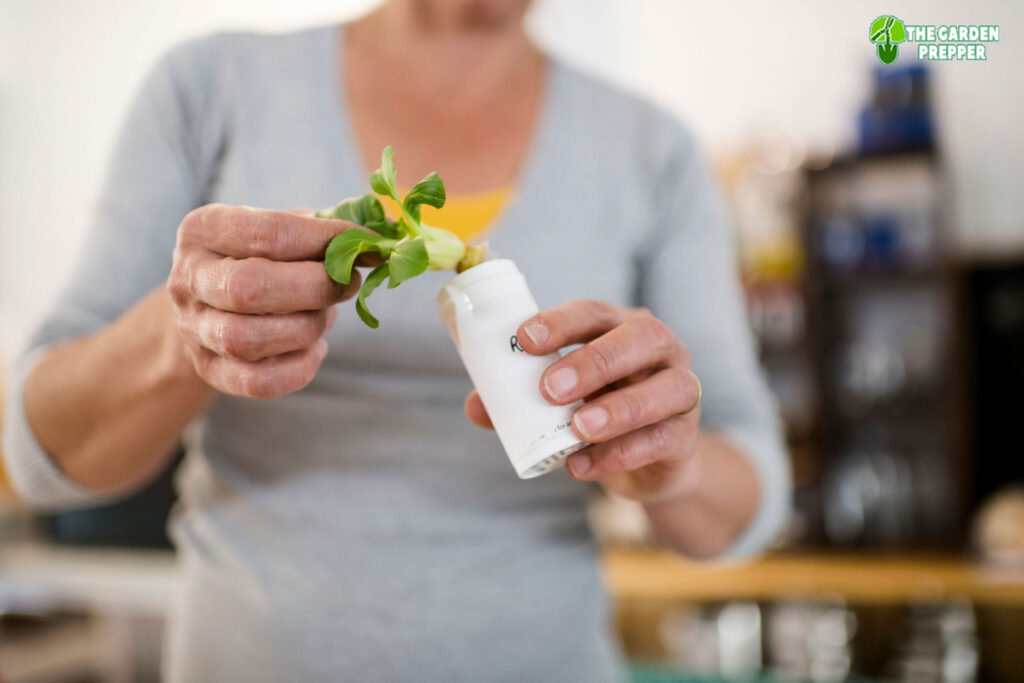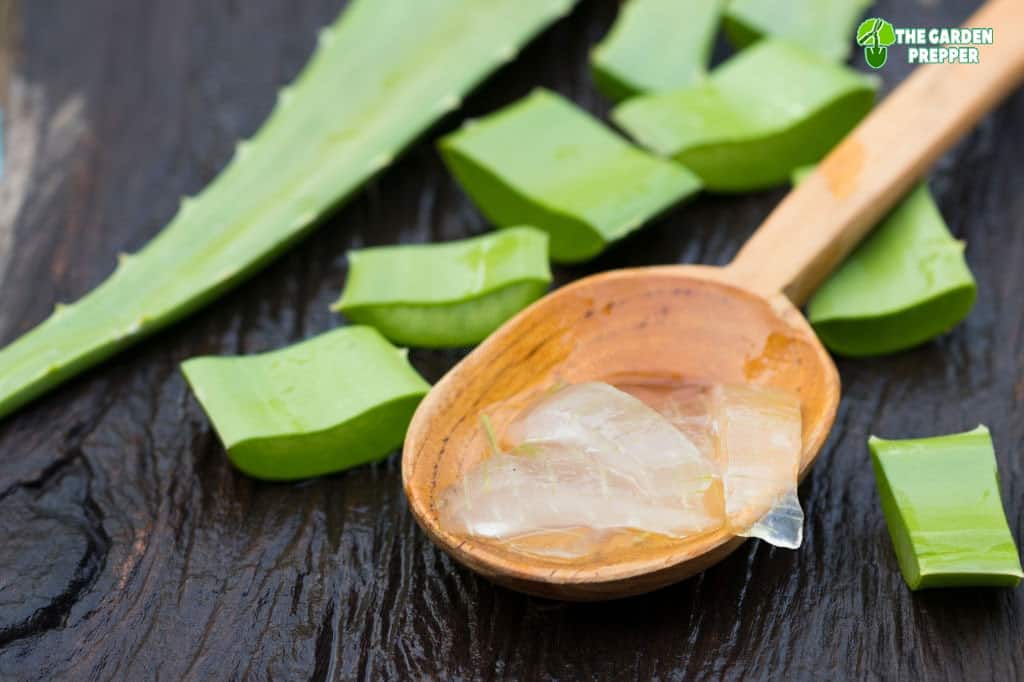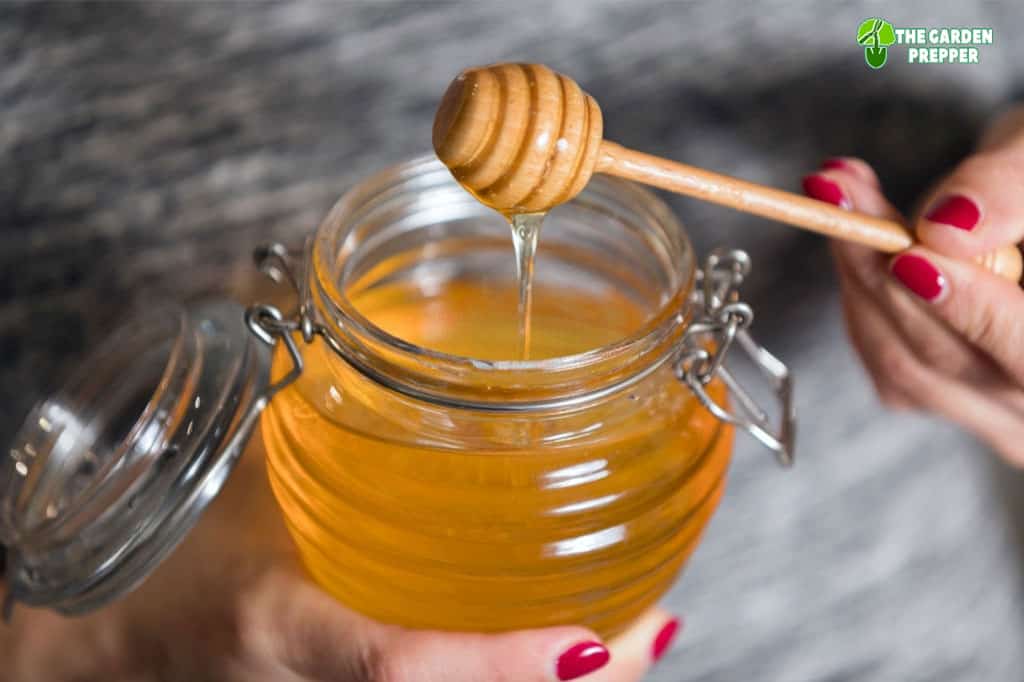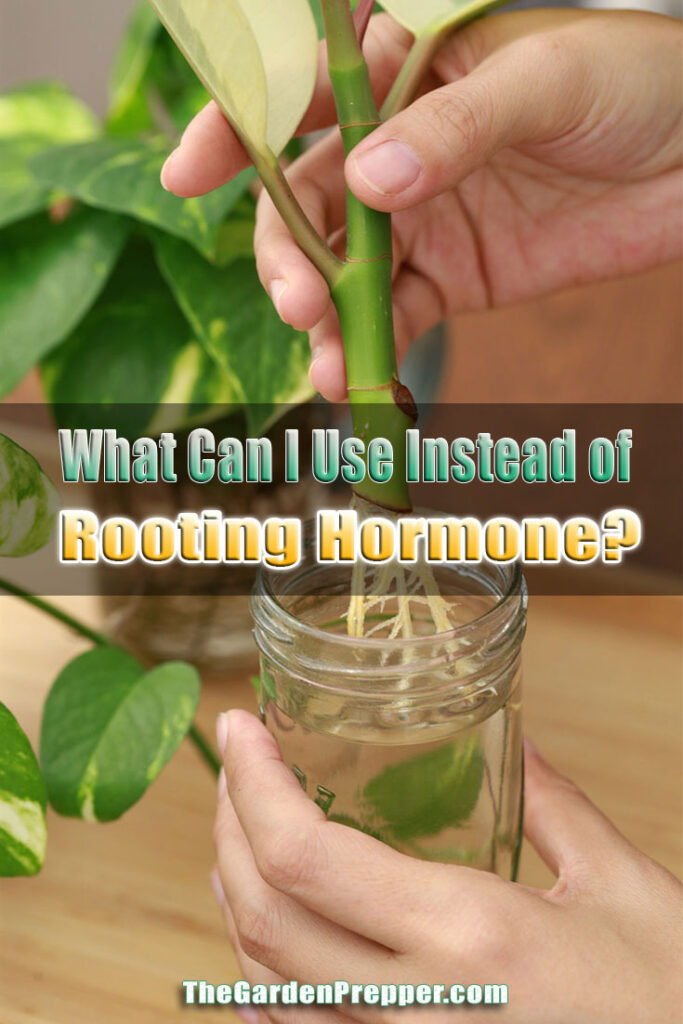Are you propagating plants but not seeing the best results as expected? You’ve probably experienced taken cuttings out from your garden, placing them in the nursery, only to find them drooping and wilting! It’s not only a sad sight but a frustrating one as well, which may have you wonder what you’re missing.
Most likely, you are missing a crucial element when propagating your stem cuttings: ROOTING HORMONE! If you haven’t used rooting hormone before, then you are missing out on better success rates when propagating plants.
But whether you are new to rooting hormone or have been using it for some time now, you might be wondering if there are any alternatives. If you are wondering, ‘what can I use instead of rooting hormone?’, then this list will show you what else you can use.

About Rooting Hormone
Rooting hormones are like a catalyst for new roots, protecting the cuttings from any fungus and diseases that might have been introduced as you performed the cutting process. These products are known to increase the chances of rooting in your stem cuttings.
They are mainly used for plant propagation, particularly when growing from cuttings. Many manufacturers sell rooting hormones, all with different types and components. You can find rooting hormones made of powder, gel, or liquid, and choosing one depends on what your growing plant variety prefers.
While you can try to propagate plants without rooting hormone, the product will make the process much easier and lessen the chances of failure. As long as it’s used correctly, you will see that your plant is beginning to form roots and start its growth!
What Can I Use Instead of Rooting Hormone?
Now that you know what rooting hormone is, the next question is: What are the alternatives to this product?
Here are the natural ingredients you can use as a rooting hormone, which is known to help with plant growth.
1. Aloe Vera

Though it has no rooting hormones, aloe vera has 75 potentially active components, one of them being salicylic acid. Salicylic acid has antibacterial properties which can kill bacteria and fungus, increasing the chance of your stem cuttings to root.
All you need to do is to take the fresh gel from the aloe vera leaf and blend it until it is a smooth mixture without lumps. Dip your cuttings to the gel, covering the end inch entirely.
2. Honey

Honey contains antifungal properties to kill fungus, increasing the rooting success rate. It can kill fungus by removing water, though it has no rooting hormones. This is also why you can’t dip your cuttings in pure honey, it is too concentrated and can harm your cuttings, besides the fungus.
What you should do is mix half a teaspoon of pure honey and a cup of warm, water. Mix this well and allow it to cool down until it is at room temperature. Dip your cuttings into the mixture until the end is covered.
3. Cinnamon
Similar to honey and aloe vera, cinnamon is known to have antibacterial and antifungal properties that promote healthy growth from stem cuttings. However, it has no rooting hormone.
Simply prepare ground cinnamon and dip your cutting’s end inch to the powder until the surface is completely covered.
4. Saliva
This may sound a bit gross but it actually works! Human saliva contains no auxins, which are the plants’ natural rooting hormones, but it can be used when improving the rooting of your stem cuttings.
BUT it does contain an epidermal growth factor. This is what enhances plant growth rate while promoting epicotyl cell division, which is the region of seedling stems that is crucial at the start of the life of a new plant.
5. Willow Tree Tea
Willow tree bark contains two active ingredients helpful in root growth, which are:
- Salicylic acid, which contains antibacterial and antifungal properties to kill bacteria and fungus affecting root growth.
- Indole-3-butyric acid, which is a natural rooting hormone you can find in many plants, promotes root development.
To use willow tree tea, simply soak the tree bark in water so you can make a tea, then dip your stem cutting until the end inch is covered.
With this in mind, you should also be wary of the things you should NOT use for your stem cuttings, which are apple cider vinegar, aspirin, and hydrogen peroxide.
Apple cider vinegar is an acid without any rooting hormones. It is also an organic weed killer that affects soil pH levels. As for aspirin, it contains acetylsalicylic acid and is reported to have limited to no effect on any rooting. The same goes for hydrogen peroxide, which has no rooting hormone or any basis that it helps with rooting.
Wrapping It Up
Rooting hormones hold a lot of benefits for those who plan on propagating their plants. For those who want to use more natural options, there are alternatives to rooting hormones that can give you similar results you’ll want. Surprisingly, many of these are household items you can easily find in your kitchen!
Hopefully, you found a great alternative rooting hormone from this list. Don’t wait any longer and try out any of these options now and see how it affects the plant propagating process today. Good luck!
